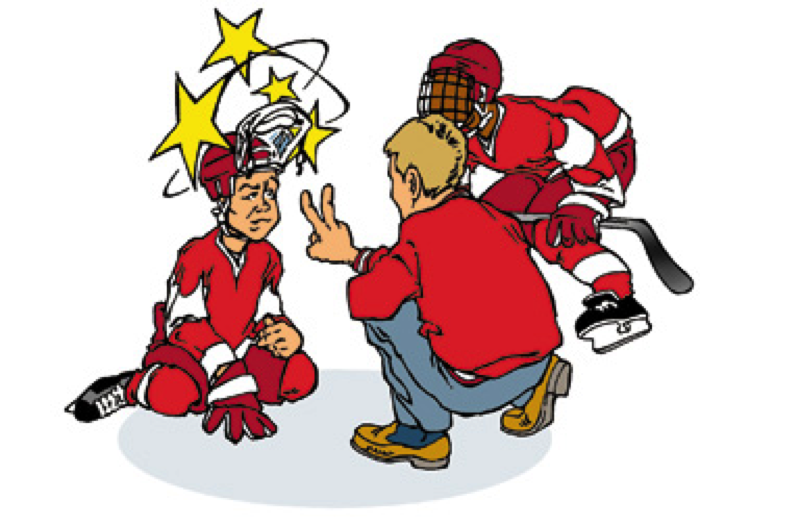A “Heads Up” Against Concussions
With new studies showing up to 3,800,000 concussions per year, it is becoming more and more necessary for athletes to be aware of the growing problem. High school athletes in particular are at risk for long-term effects that could affect every aspect of their lives.
A new study published in the Journal of Athletic Training examined public awareness of concussions. Many high school athletes, especially football players, did not know the symptoms and consequences of concussions. They often considered concussions just a hit in the head, especially after hearing that over 80% of concussions only last 2 weeks or less. They knew that common symptoms included headaches, dizziness, and confusion but weren’t aware that they could also cause nausea, pain, difficulty concentrating, behavioral changes, and high risks for more serious problems.
A troubling piece of information is that athletes who do know the risks are still reluctant to report concussions. Many high schoolers don’t want to be taken out of the game, so they pretend they are feeling fine even after getting seriously hit. A startling 91% of athletes believe that it is okay for them to play with a concussion. 75% said that they would play through any injury just to win a game. Finally, only 4 out of every 10 athletes would tell their coach that something was wrong.
Something needs to be done to educate athletes, especially young ones, about concussions. According to the Sports Concussion Institute, a concussion is, “typically induced by trauma to the brain, often caused by a direct blow to the head or even an indirect blow to the body. A concussion is characterized as some sort of impairment to the brain in which symptoms resolve spontaneously. These symptoms usually reflect a functional disturbance to the brain and may include physical (e.g., headaches, nausea), cognitive (e.g., difficulty with concentration or memory), emotional (e.g., irritability, sadness), and “maintenance” (e.g., sleep disturbances, changes in appetite or energy levels) symptoms. A concussion is considered a brain injury.” Although it may seem like a highly medical description, teenagers should know that having a concussion will affect their health, academic abilities, and relationships.
Physically, a concussed athlete is susceptible to headaches, fatigue, visual problems, sensitivity to light and noise, memory troubles, drowsiness, and to being more emotional. They can develop post-concussion syndrome if conditions don’t go away, and second impact syndrome if they are hit again.
This can be a big problem in a classroom setting. Students could have trouble recalling information, paying attention, and following instructions. They may not be able to finish assignments on time due to decreased motivation and attention ability. These symptoms cause difficulty to do homework, study for tests, and even function in class.
Concussed athletes may start to have prolonged feelings of sadness, nervousness, and irritability, making it hard for them to communicate with adults and peers. Many are also afraid to admit how bad they are feeling because they want to be able to play their sport again as soon as possible.
With the amount of concussions per year steadily increasing, it is essential that student-athletes know the risks they are facing to ensure they are as healthy as can be. The horrible effects of having a brain injury can be combated if teenagers know what they are up against.









